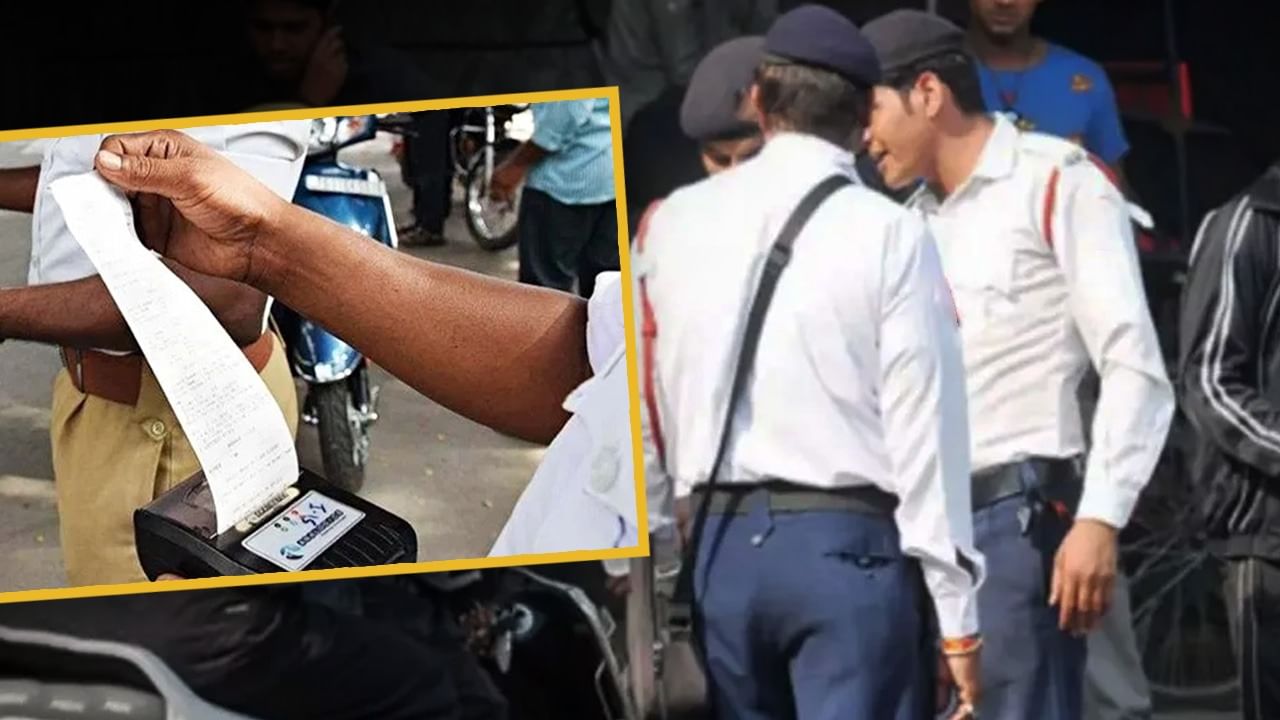Karnataka government is aiming to revise its Electric Vehicle Policy for the next five years. The state government has released a draft of its new EV policy through which it plans to generate investments of around ₹50,000 crore.
The draft EV policy also proposes to generate job opportunities besides other initiatives like increasing number of EV charging stations and also reduce power tariff to help speed up EV adoption in coming days. Karnataka, which is home to several vehicle manufacturers in India, is one of the biggest states in terms of electric vehicles.
Karnataka’s revised draft Electric Vehicle policy (2023-28), which is expected to be adopted soon, also plans to develop model EV cities to help promote electric vehicle adoption in the state. Some of the cities earmarked for this initiative include Kalaburagi, Belagavi, Hubballi-Dharwad and Mysuru. According to the draft EV policy, the National Highway Authority of India (NHAI) will also install EV charging points at major toll booths on the Bengaluru-Pune national highway. The state government has also proposed to set up large EV clusters in Gauribidanur (Chikkaballapur) and Chikkamalligewada (Dharwad). It said that lands have been acquiired at these two places which will be offered to potential investors.
Karnataka was the first state in India to launch a comprehensive EV policy in 2017. It was later revised with fresh incentives in 2021. The state currently has around 2.5 lakh EVs, the third largest state with EV registrations, and around 700 EV charging stations. “The proposed revised draft policy has increased the capital subsidy for testing centres to 30 per cent for on-boarding best-in-class private operators for setting up EV Testing cum Certification facilities. The existing policy provides 15 per cent capital subsidy cap and one per cent Production Linked Incentives for five years,” the draft EV policy said.
( India to push for new EV policy amid Tesla’s interest to set up business)
The draft policy also proposes incentives to cell components, strong hybrid vehicles, battery recycling facilities and testing infrastructure. The state government will also offer capital subsidies for micro and small enterprises and medium-sized enterprises. There is provision for rental subsidy with 30 per cent reimbursement on rent or maximum ₹five per square feet per month for three years on properties spread across over 10,000 square feet.





